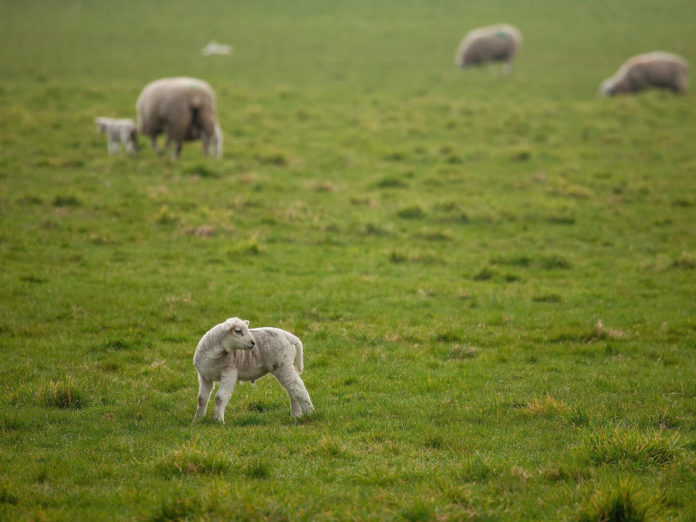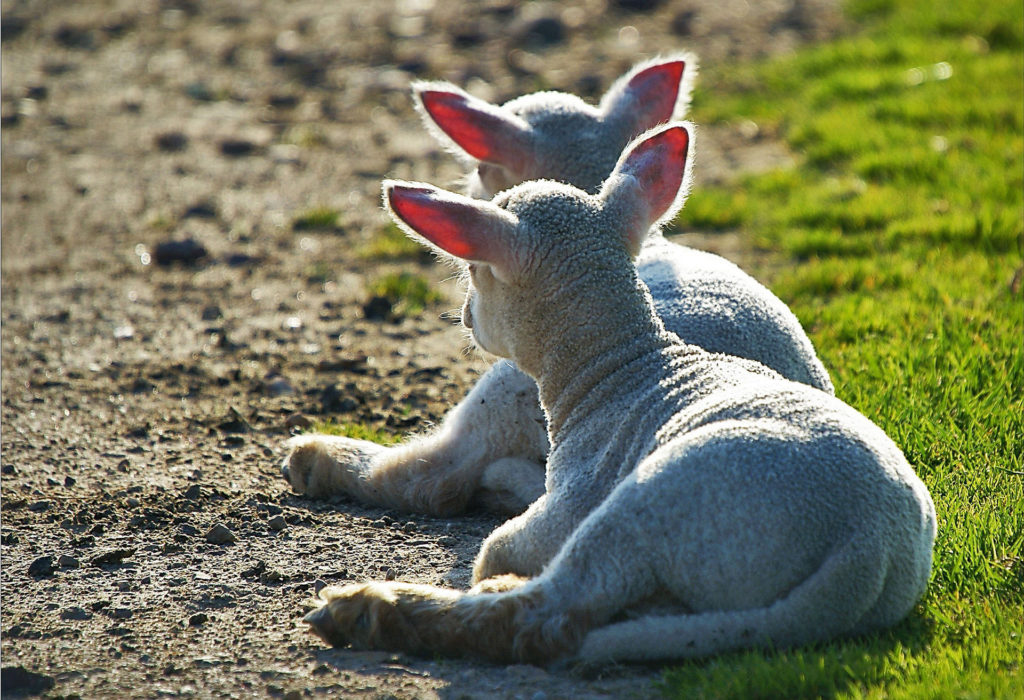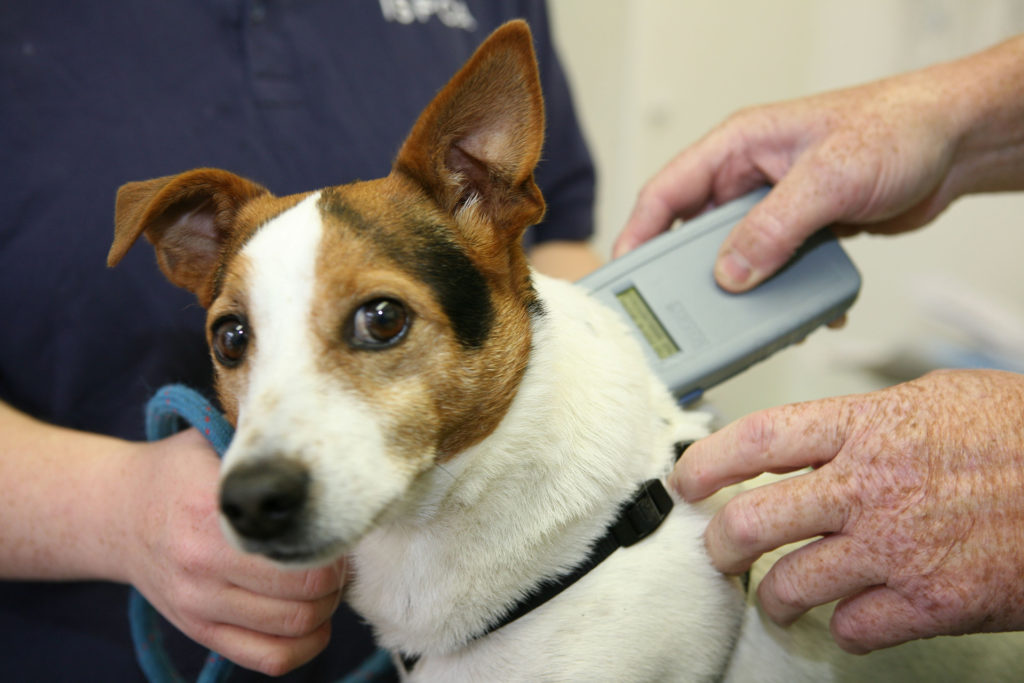
The ISPCA is reminding dog owners to act responsibly and keep their dogs under control at all times when in the countryside or around livestock. This is especially important at this time of year, which is peak lambing season.
ISPCA CEO Dr Andrew Kelly said: “In recent weeks there have been a number of reports of dog attacks killing or causing horrific injuries to sheep and lambs.
“Dog owners must keep their dogs under control at all times and can be held responsible for attacks on sheep which can have serious financial and legal consequences.”
Andrew added: “This can be a hugely stressful time for sheep farmers trying to protect their flock and they can often experience horrific dog attacks, causing damage to their sheep, pregnant ewes and lambs during lambing season, from January through to Spring.
‘Devastating for farmers’
“Even the most docile, well-behaved dogs’ natural instinct is to chase, which can result in them taking part in pack behaviour. Pregnant ewes can be seriously injured in a panic to escape from chasing dogs, often miscarrying their lambs, which is devastating for farmers.

“Allowing a dog to roam is not only irresponsible but it is also an offence not to have your dog under effective control and local authorities are enforcing the Control of Dog’s Act.”
In certain circumstance farmers may be legally entitled to shoot dogs to protect their flock if they are endangering livestock on their property, so if you live or walk near a farm, particularly a sheep farm, you must ensure your dog is under control and that it cannot escape from your property at any time.
Microchipped
The ISPCA is also reminding dog owners that it is a legal requirement to have all dog’s microchipped.
Puppies must be microchipped by the time they are 12 weeks old or before they leave the breeding premises. Owners must also be in possession of a Microchip Certificate.

If you don’t have your Microchip Certificate you need to contact your vet for your dog’s microchip number, which they will have on file or alternatively any veterinary practice, animal rescue organisation or dog pound can scan your dog for a microchip number.
It is a legal requirement that pet owners have a Microchip Certificate for their dogs so it is important to contact the database provider (FIDO, Animark, Irish Kennel Club or Microdog ID Ltd) and to also ensure your contact details are up-to-date.
The ISPCA is also like to emphasise the importance of spaying/neutering their pets which is another key component to responsible pet ownership.







